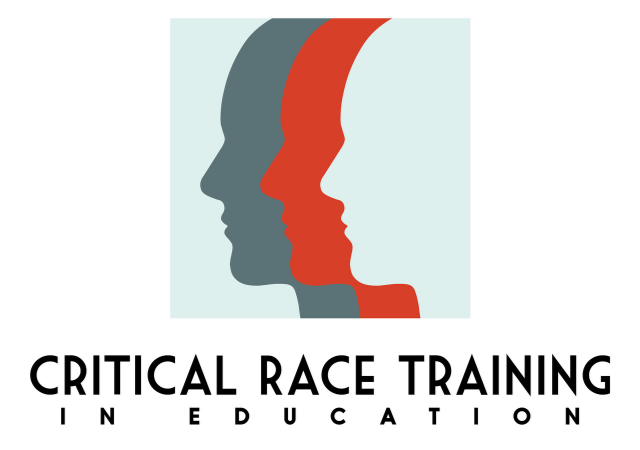Top Business Schools Are Pushing CRT and Other Progressive Ideas
“Foundation founder William Jacobson, a Cornell Law School professor, told The College Fix that business schools should not be using university funds to sponsor or elevate these types of ideologies in the classroom.”

This story is based on Legal Insurrection’s critical race training website.
The College Fix reports:
Top business schools push CRT and other progressive ideas, report finds
America’s prestigious business schools regularly push leftist ideologies, including critical race theory and environmental, social, and governance standards, according to a new report.
The Legal Insurrection Foundation launched the project through its CriticalRace.org database. It details the CRT and environmental, social, and governance initiatives at the top 10 business schools in the country, including minority scholarship programs, discriminatory admissions practices, and “anti-racism” trainings required for faculty members.
Foundation founder William Jacobson, a Cornell Law School professor, told The College Fix that business schools should not be using university funds to sponsor or elevate these types of ideologies in the classroom.
“CRT and ESG are failed ideologies which politicize and racialize education,” Jacobson said.
“While the study of such subjects should not be banned, there is no reason to put university resources behind promoting those topics,” Jacobson said via email. “Almost any university purpose would be a better allocation of resources.”
Jacobson also said business schools were contributing to the issue by including these ideologies in course curricula as students have likely already encountered them in other classes.
“The vice of these subjects is that they inject one-sided political ideologies into business curriculum, without any measurable benefit,” Jacobson said.
“Almost all business school students already will have been exposed to or studied some form of CRT/ESG in secondary and higher education. There is no reason to compound the problem in business school,” he said.
Additionally, the database revealed that several of the business schools’ recommended reading lists contained books written by left-wing authors such as Ibram Kendi and Robin DiAngelo.
Harvard Business School, the University of Chicago’s Booth School of Business, and the University of Pennsylvania’s Wharton School have all hosted events based on or suggested reading Kendi’s book “How to be an Antiracist” and DiAngelo’s (pictured) book “White Fragility,” according to the database.
Donations tax deductible
to the full extent allowed by law.








Comments
Does anybody know what the MBA stands for anymore? Top rank schools have morphed into offering “executive” MBA with class only on weekend, Post pandemic it might be possible to do all internet courses. With curriculum now hijacked by the obligatory DEI material that says whites are to be deemed racist, and must be prepared to demonstrate at any moment they are anti-racist.
Two young men — both age 25 — apply for the same executive training program.
Goofus spent the past <7 years at an expensive undergrad uni, then at an expensive CRT DEI MBA program. Goofus got good grades. He’s never really held a job. But he knows his CRT DEI
Gallant spent the past ~7 years working his way up in the restaurant/fine dining business — from busboy to waiter to shift manager. Concurrently, Gallant has lived and worked in {foreign country} for the past ~5 years and he speaks the language fluently. He has an idea what CRT DEI is basically about.
Who’s the more attractive candidate?
Obviously Gallant is. What you are asking is a variation on a theme I have touched on a few times, but presented here with a bit more detail.
Law firm (a good one), seeks new people.
Rupert LaDeedah comes from a “good family” (translation: Protestant, old money), attended the finest boarding and prep schools, and then went to an Ivy League school, and was a member of One Of The Best Fraternities. Grades were meh, but he played sport for the school so that put him in a good light with the school.
Meantime, Upthah Hardway went to public schools, worked part time jobs, then spent four years in the service seeing a bit of the world, and mixing with people from all walks of life. He came out and worked as a forklift driver for Amazon while attending night school at Southwestern Law, where he made the Honor Roll, the Dean’s List, and came out at the top of his class. He then interned with some minor law firm or even did work for a storefront outfit helping those who can’t afford justice.
I know who I would hire…